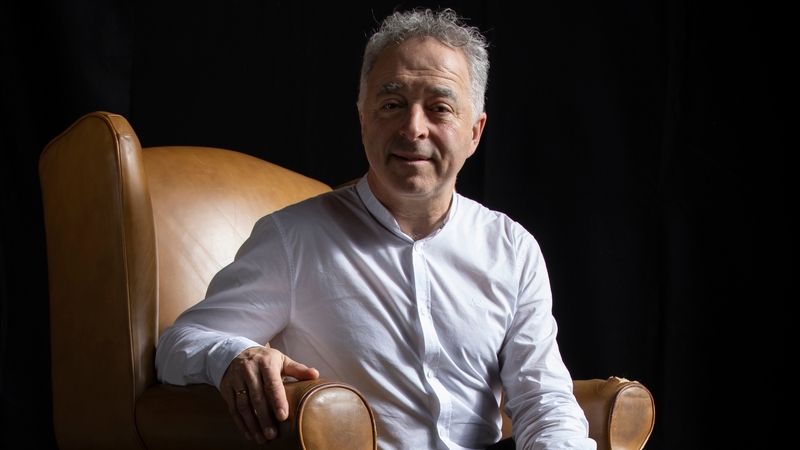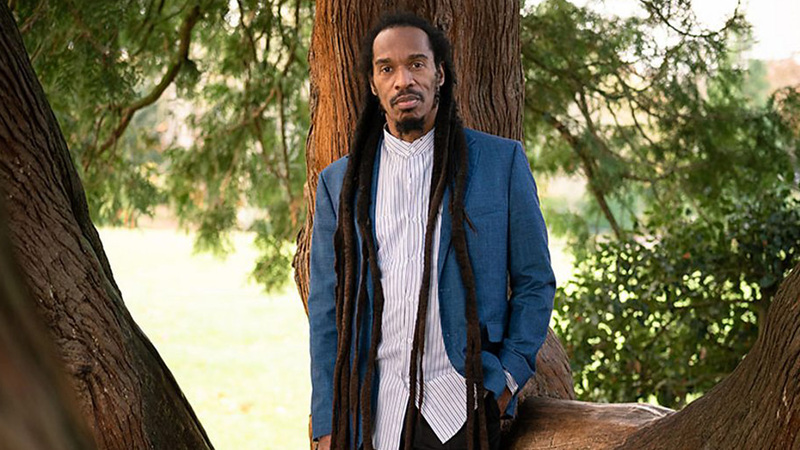You are viewing your 1 free article this month. Login to read more articles.
Jacob Polley wins £20k T S Eliot Prize
Jacob Polley has won the £20,000 T S Eliot Prize for poetry for his “firework of a book” Jackself (Picador).
Polley was announced as the winner at a ceremony in the Wallace Collection in London yesterday evening (16th January).
Ruth Padel chaired the judges on a panel with Julia Copus and Alan Gillis. She said: “All three judges were agonised by choosing between such brilliant books. But the winning collection, Jacob Polley’s Jackself, is a firework of a book; inventive, exciting and outstanding in its imaginative range and depth of feeling.”
Alan Gillis, Ruth Padel, Jacob Polley and Julia Copus. Credit: Adrian Pope
Polley beat off competition from shortlisted poets Alice Oswald, Rachel Boast, Vahni Capildeo, Ian Duhig, J O Morgan, Bernard O’Donoghue, Denise Riley, Ruby Robinson and Katharine Towers to claim the prize, although each shortlisted author will take home a cheque for £1,500.
Polley was born in Carlisle in 1975 and is the author of four poetry collections, The Brink (2003), Little Gods (2006), The Havocs (2012) and Jackself (2016), all published by Picador. He received an Eric Gregory Award in 2002, and has previously been shortlisted for the T S Eliot Prize for both The Brink and The Havocs. He was named one of the ‘Next Generation’ of the 20 best new poets in Britain in 2004 and now lives in St Andrews and works in Newcastle.
Don Paterson, poetry editor for Picador, commented: "Jake Polley's Jackself is a riveting, wholly original work of novelistic sweep by a poet who has grown in stature with every book. Poetry has produced only a handful truly memorable characters, but in Jackself, Polley has drawn on folklore landscape and childhood memory to create a genuinely haunting and haunted figure - one whose shadow will only grow longer in the coming decades. I can't think of a worthier recipient of the prize, and I hope it will bring Jake the wide audience he richly deserves."
The T S Eliot Prize is supported by the T S Eliot Foundation.
















